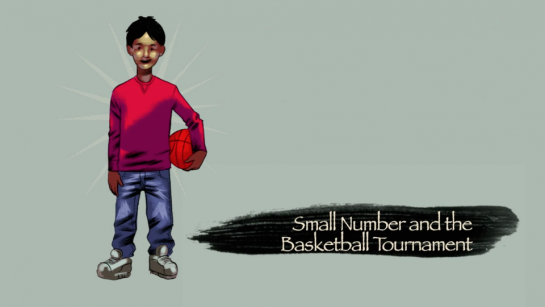Mathematics
Math First Peoples
by fnesc
First People’s perspective activities for Math
Math and Indigenous Content/Worldviews
Incorporating Indigenous content can come from the application and practice of mathematical concepts and using “real world” math. You are also incorporating worldviews when applying to story and problem solving, teaching and learning from different generations, or linking to identity and community by bringing in something to share or connecting with their world. Learning through construction, architecture, puzzles, and craftsmanship also embraces the indigenous principles of learning.
Here are some ways that you can incorporate indigenous content into Math:
- Symmetry in Spindle whorl designs – measuring and precision, mapping out Click for link
- Using the architecture of a traditional pithouse – for trigonometry, geometry, scale, equations for drawing or building model of – blueprint drawings: Click for link pg 4-22
- Graphing the concerns of salmon populations or comparing types and areas for salmon numbers:
- from reading articles: Click for link, Click for link 2
- from government data pages:click for link
- Using Kelp harvest or Bear Data:
- From the Great Bear Sea Resource (Print spiral in LC or with Ab ed teacher) or click link Lesson 3, pg 45 Data on pages 55-58
- Comparing nutrition of wild vs farmed salmon – percentage, fractions, graphing click for link
- Census statistics of Aboriginal people – graph, percentages, etc, look at traditional territory vs. reserve size or population and distribution
- click for link 1 click for link 2
- Lahal game Chance, probability – Rick can teach the class to play. Video:
- Harpoons – speed of, trigonometry of aim and angle
- Artifacts (students choose) Research an artifact from a mathematical perspective pg 7 – developing a mathematical problem based on structure, creation of, or use of an artifact Click for link
- Math games: Click for link
- Dead-fall trap physics – lessons, video click for link, click for link 2
- Circumference, radius, diameter, area, volume of circles using drums or basket, estimated material needed
- Raising a tipi – geometry, trigonometry (Do point out the tipis are not traditional to this area J) click for link
Math Blocks
Hands-on mathematical thinking exercise
Math Catchers – Mathematics through Aboriginal Storytelling
SFU – Workshops and resources Click image for link
Click image for link
Math problems for a variety of ages covering topics like geometry, scale, and fractions through problem-solving and the First Nations’ character, Small Number.
Examples: Practice Geometry with “Small Number and the Skateboard Park”

Practice Fractions with “Small Number and the Basketball Tournament”

